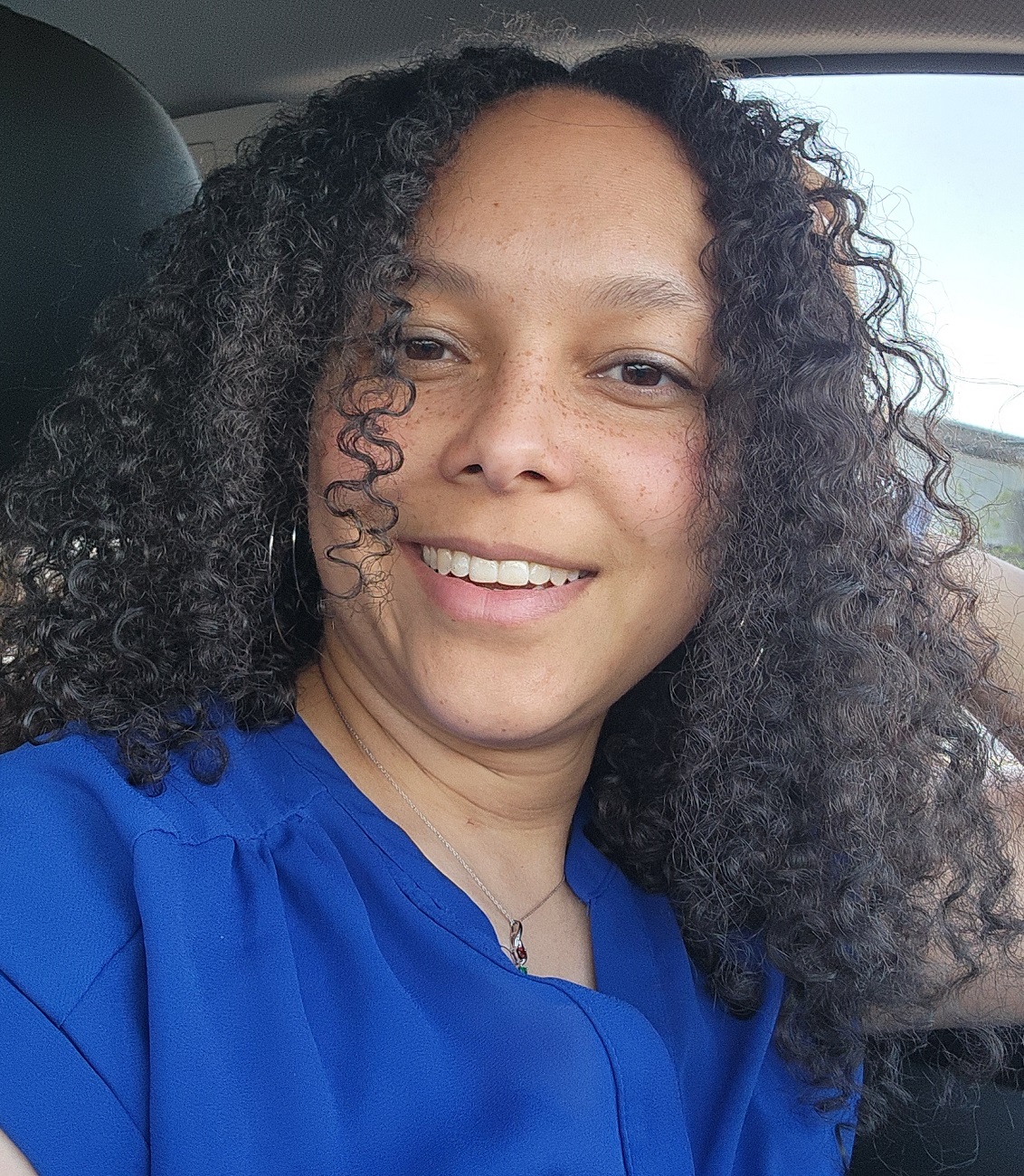
With Dr. Iesha Gibbons
Thursday, June 27, 2024, 1:00–2:00 pm Mountain Time
Emotions are a necessary and never-ending part of our journey as people, which is why I want to focus on emotions, what they are, why we feel them, and what they can teach us.
Bio: Dr. Iesha Gibbons is a licensed marriage and family therapist who works at Redwood Family Therapy in Saratoga Springs, Utah. She received both her masters and doctoral degrees from BYU after completing her undergraduate degree in Florida. She specializes in couples, focusing on communication, healing from affairs, and sexual health. Dr. Gibbons lives in Utah with her husband, two beautiful children, and a grumpy cat. She loves and misses the beach and enjoys watching movies, reading, and dancing in her free time.
Summary of Takeaways
What is the purpose of emotions?
- It’s part of what makes us human
- Emotions help tell us what’s important in the world around us. They help us focus on problems or highlights.
- Each emotion plays a role. Fear protects us from dangerous situations. Happiness gives us guidance and direction. Anxiety drives us to prepare for situations or resolve issues. Guilt helps us know we did something wrong.
How do we manage our emotions?
- Listen to your body. What is your phisiological state telling you about your emotional state?
- Talk OUT LOUD to yourself about your emotions and why you’re feeling them. (According to Iesha, we need to talk out loud to ourselves a lot more!) Name your emotions out loud. “Hey, sadness. I know that you’re here. Why are you here?”
- Accept the fact that you’re feeling an emotion. Acknowledge it. Only then can you do what it takes to manage that emotion.
- Listen to what your emotion is trying to tell you. When you listen to an emotion and give it your attention, it will usually then go away or at least become more manageable. If you listen, your emotions will give you the information that you need.
- Strive to be emotionally present in your current moment. If an emotion from another part of your life is trying to distract you from your current situation, set it aside—and then come back to it later and listen to it. Don’t just ignore it forever.
- Challenge the negative thoughts that are behind your emotions. Verbalize them. Then question the assumptions that they are built upon. We change our emotions by changing our thoughts.
- Question and reset your expectations. You may be expecting unreasonable outcomes from yourself or those around you.
- Make sure you’re meeting your physical needs (through proper nutrition, regular exercise, and adequate sleep).
How can we use our voices (our books, music, platforms, etc.) to help people be emotionally healthy?
- Show that emotions are a necessary and integral part of the human experience. Show that emotions, even hard ones, can be beautiful.
- Show that it takes strength to be vulnerable. Vulnerability is not a weakness.
- Normalize therapy. From Iesha: “I think every person needs therapy, just like how everyone needs a primary doctor.”
- Normalize talking to others about your emotions
- Don’t disparage or discount people’s emotions as real and valid (especially those on the other side of an issue than you or with different lived experience from you)
Additional insights:
- Procrastination is an emotional response. It often comes because we’re avoiding an emotion that we would feel if we worked on the thing we’re procrastinating.
- Anger is a secondary emotion. It is a powerful emotion that protects us from other emotions, such as being vulnerable, or feeling hurt, or stressed. When we experience anger, our job is to unveil and manage the underlying emotion that anger is trying to mask.
- About boundaries. Cutting a relationship off after having an issue with them is not setting “boundaries.” It’s being reactive. Boundaries shouldn’t “punish” someone else. That’s abuse. Nor should boundaries just seek to avoid conflicts. That’s selfish and short-sighted. Boundaries should help a relationship work better. Talk to the person you’re having problems with and establish some ground rules for behavior or communication that you will mutually expect from each other moving forward.
- Guilt helps us know when we did something wrong. Shame tells us that WE are wrong. Work to decrease shame, but pay attention to guilt.



